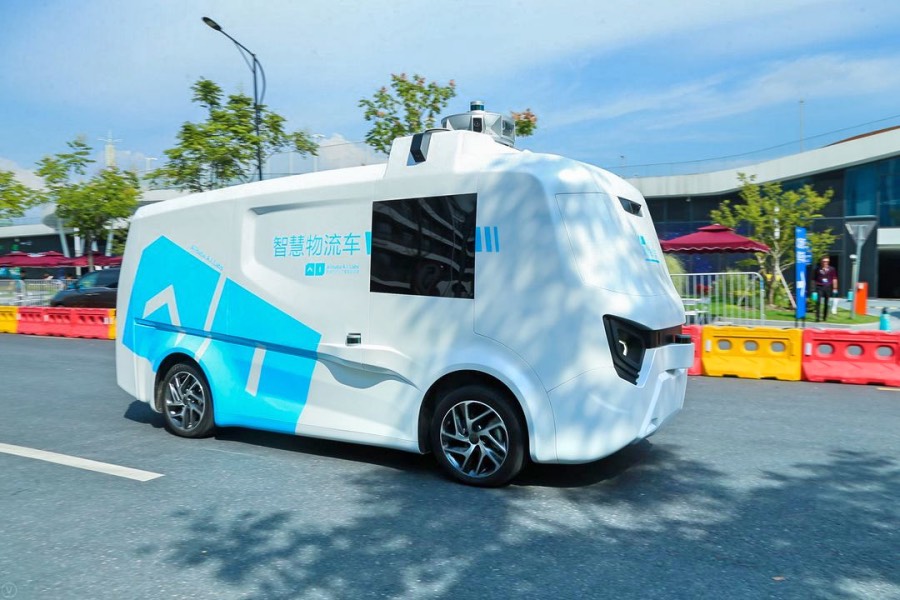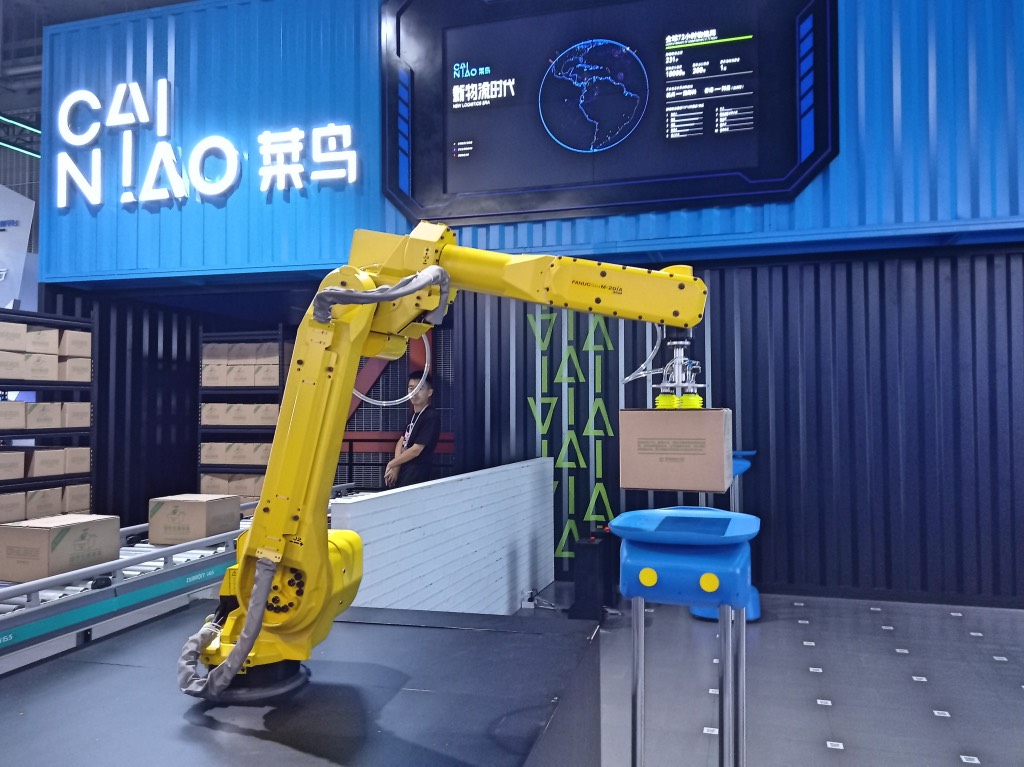New research from HERE Technologies, the leading location data, and technology platform, reveals that approximately a third of logistics companies in the Asia Pacific (APAC) region are considering IoT (37%), warehouse automation (33%), and electric vehicles (32%) as key investment priorities in the next two years. Over half of the logistics companies are also leveraging map-based solutions with real-time location data for fleet tracking. Conducted in partnership with global consulting firm, Frost & Sullivan, ‘The State of Movement’ white paper surveyed 152 logistics companies in six key countries in APAC: Australia, India, Indonesia, Japan, Singapore, and Thailand.
COVID-19 has disrupted, and revealed vulnerabilities in supply chains, putting logistics companies still relying on traditional systems at a disadvantage. With multiple moving parts within the supply chain, these companies are exploring connected systems and vehicles to improve their fleets, asset tracking, and shipment monitoring.
While GPS (77%), RFID (31%), and QR codes (20%) are commonly used in fleet management, IoT is swiftly gaining popularity with 21% of respondents having adopted it. Two out of five logistics companies will be implementing IoT solutions across all assets over the next two years.

Image Credit: Alibaba
Combining IoT with location data and location-based services can help logistics companies achieve real-time tracking. With this, companies can reduce issues and misplacement of assets while improving operational efficiency. This is especially important for condition-sensitive shipments such as cold chain items and dangerous goods, with the study indicating:
- Over a third (36%) of logistics companies use IoT to monitor cold chain items
- A third (33%) use IoT to monitor dangerous goods, with 30% using it to monitor solid/liquid bulk shipments
- A fifth (20%) of them use IoT to monitor courier, express and parcel shipments
Logistics companies are moving beyond traditional methods of route planning as the APAC region continues to feel the effects of COVID-19. Real-time events that happen daily can impact route planning and delivery times. Companies are considering logistics service delivery and asset tracking solutions to tackle these challenges, with the white paper revealing:
- 77% of respondents want to achieve better route planning and real-time routing
- Three-quarters (75%) say they want the convenience of real-time vehicle tracking and data reporting. They would also like to use these tracking solutions to achieve improved capacity planning, trend visibility and forecasting
- 71% hope to gain improved efficiency in fleet utilization and productivity, with the same proportion aiming to increase customer satisfaction with fleet tracking solutions
RELATED STORY
Logistics Majors in the GCC Region Leverage IoT and Robotics to Automate their Supply Chains
For India, key takeaways include:
- Close to 56% of logistics companies are already using map-based solutions with real-time location data for shipment monitoring
- IoT is gaining momentum in fleet management, with 11% of logistic companies currently using it
- Within the next two years, 38% of companies will be channeling more investments into IoT while 29% and 10% show high interest in warehouse automation and electric vehicles respectively
However, despite wanting to leverage such technologies, logistics companies face challenges in integrating new solutions with their existing infrastructure. To overcome this, companies often turn to the cloud with findings indicating that logistics companies show a strong preference for cloud-based solutions. Half of the respondents are looking to deploy cloud shipment monitoring solutions in the next two years, while 27% are likely to opt for a hybrid setup.
By utilizing cloud platforms, companies can integrate various solutions with their existing ecosystems. This avoids costly system overhauls and allows companies to pay for the cloud services without having to build and maintain a data center. Cloud-based solutions also offer the flexibility to access data anytime and anywhere.
“Our white paper shows that in today’s connected world, optimizing your supply chain is critical. Only companies that invest in digital technologies to achieve end-to-end visibility will succeed,” said Mr. Jason Jameson, SVP and General Manager, APAC, HERE Technologies. “By leveraging map-based solutions with real-time location data, companies will see benefits to their fleet management and shipment monitoring. Coupled with IoT and by using cloud-based solutions to bring everything together, companies will find themselves well-placed to be at the forefront of the logistics industry.”
“Digital disruption is taking place in the logistics industry, and traditional approaches will no longer work. This white paper demonstrates that companies in Asia Pacific are welcoming future technologies to help them build resilient and efficient supply chains and drive their business forward,” said Mr. Janesh Janardhanan, Practice Area Leader – Asia Pacific, Supply Chain & Logistics, Frost & Sullivan.
Access the full whitepaper here.









